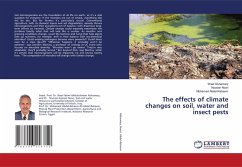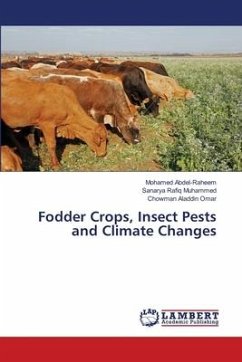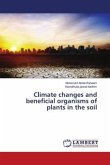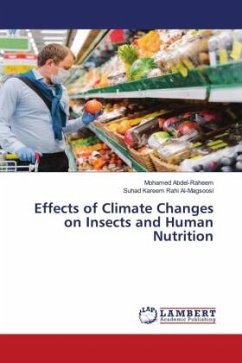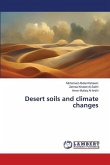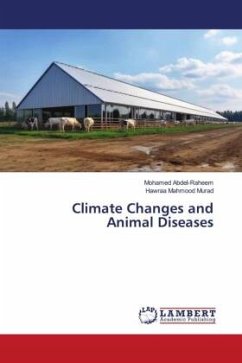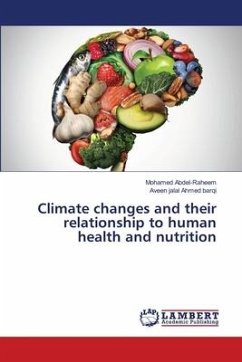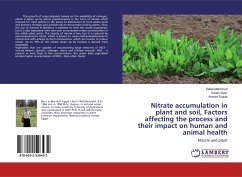Soil microorganisms are the foundation of all life on earth, so it's a vital question for everyone. If the microbes are out of whack, everything else will be too. But for farmers it's particularly crucial. Conventional agriculture, with its chemical inputs and soil degradation, already throws microorganisms and their ecosystems out of balance, with disastrous long-term effects on harvests. Climate change could massively exacerbate the problem. Exactly what that will look like is unclear. As weather and growing conditions change, could the bacteria and fungi that help plants take up nutrients, for example, shift in their balance with less-beneficial microbes? Could existing pathogens become more powerful? Could there even be a mass die-off? "Whatever happens, it probably won't be extreme," says Jennifer Martiny, a professor of ecology at UC Irvine who focuses on microbial diversity. "Microbes won't go extinct. They're very adaptable; they'll probably survive." But beyond that, says Martiny, while it's certain that microorganisms will be impacted, no one knows exactly how. "The composition of microbes will change with climate change.
Bitte wählen Sie Ihr Anliegen aus.
Rechnungen
Retourenschein anfordern
Bestellstatus
Storno

